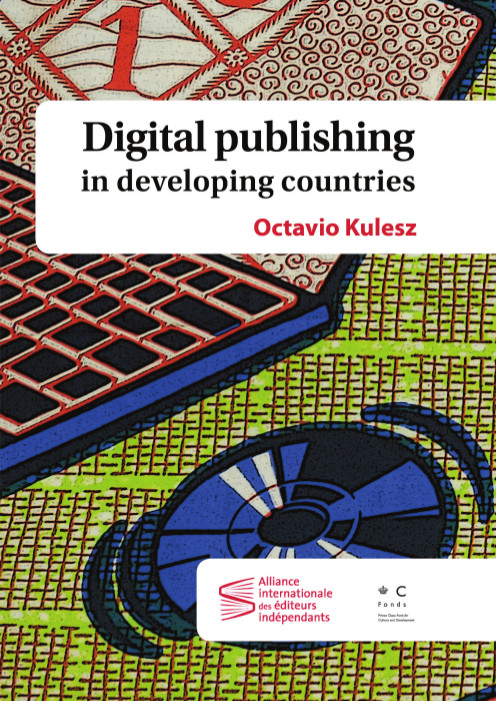Harold Aram Veeser: Edward Said: The Charisma of Criticism (2010)
Filed under book | Tags: · biography, criticism, history, literary theory, middle east, politics

This insightful critical biography shows us an Edward Said we did not know. H. Aram Veeser brings forth not the Said of tabloid culture, or Said the remote philosopher, but the actual man, embedded in the politics of the Middle East but soaked in the values of the West and struggling to advance the best European ideas. Veeser shows the organic ties connecting his life, politics, and criticism.
Drawing on what he learned over 35 years as Said’s student and skeptical admirer, Veeser uses never-before-published interviews, debate transcripts, and photographs to discover a Said who had few inhibitions and loathed conventional routine. He stood for originality, loved unique ideas, wore marvelous clothes, and fought with molten fury. For twenty years he embraced and rejected, at the same time, not only the West, but also literary theory and the PLO. At last, his disgust with business-as-usual politics and criticism marooned him on the sidelines of both.
The candid tale of Said’s rise from elite academic precincts to the world stage transforms not only our understanding of Said—the man and the myth—but also our perception of how intellectuals can make their way in the world.
Publisher Routledge, 2010
ISBN 0415902649, 9780415902649
260 pages
review (Kim Peterson, Dissident Voice)
Comment (0)Octavio Kulesz: Digital Publishing in Developing Countries (2011) [English/French/Spanish]
Filed under report | Tags: · africa, china, e-book, india, latin america, middle east, publishing, russia

E-books, print on demand, online sales sites, the boom in mobile phones… new technologies are profoundly transforming the way texts circulate. Developing countries, however, which face serious limitations in infrastructure, have a considerable challenge ahead of them.
What new actors are emerging in the countries of the South, outside of the powerful platforms already existing in the US, Europe and Japan? Is it conceivable that there may be an autonomous evolution of digital publications in developing countries, entirely independent of the richest nations? What support policies could be implemented to promote the growth of this new industry and accompany traditional actors in the process of adapting to the changes involved?
The digital experiences undertaken in the South suggest that new technologies represent a great opportunity for developing countries – particularly in terms of diffusion –, but on the condition that local entrepreneurs seek out original models adapted to the concrete needs of their communities.
This study was carried out by Octavio Kulesz (Editorial Teseo and Digital Minds Network) in October 2010, and commissioned by the International Alliance of Independent Publishers, with the support of the Prince Claus Foundation.
ISBN 9782951974760 [EN]
156 pages
via Marcell Mars
Download PDF, EPUB, MOBI [English]
Download PDF, EPUB, MOBI [French]
Download PDF, EPUB, MOBI [Spanish]
Ed Keller, Nicola Masciandaro, Eugene Thacker (eds.): Leper Creativity: Cyclonopedia Symposium (2012)
Filed under book | Tags: · art, geophysics, geopolitics, horror, middle east, philosophy, politics, science fiction, terrorism, theory, theory-fiction, war on terror

Essays, articles, artworks, and documents taken from and inspired by the symposium on Reza Negarestani’s Cyclonopedia: Complicity with Anonymous Materials, which took place on 11 March 2011 at The New School. Hailed by novelists, philosophers, artists, cinematographers, and designers, Cyclonopedia is a key work in the emerging domains of speculative realism and theory-fiction. The text has attracted a wide-ranging and interdisciplinary audience, provoking vital debate around the relationship between philosophy, geopolitics, geophysics, and art. At once a work of speculative theology, a political samizdat, and a philosophic grimoire, Cyclonopedia is a Deleuzo-Lovecraftian middle-eastern Odyssey populated by archeologists, jihadis, oil smugglers, Delta Force officers, heresiarchs, and the corpses of ancient gods. Playing out the book’s own theory of creativity – “a confusion in which no straight line can be traced or drawn between creator and created – original inauthenticity” – this multidimensional collection both faithfully interprets the text and realizes it as a loving, perforated host of fresh heresies. The volume includes an incisive contribution from the author explicating a key figure of the novel: the cyclone.
With contributions by Robin Mackay, McKenzie Wark, Benjamin H. Bratton, Alisa Andrasek, Zach Blas, Melanie Doherty, Anthony Sciscione, Kate Marshall, Alexander R. Galloway, Eugene Thacker, Nicola Masciandaro, Dan Mellamphy & Nandita Biswas Mellamphy, Ben Woodard, Ed Keller, Lionel Maunz, Öykü Tekten, Reza Negarestani
Publisher Punctum Books, Brooklyn, New York, February 2012
ISBN 978-0615600468
Creative Commons Attribution-NonCommerical-NoDerivs 3.0 Unported License
310 pages
Leper Creativity Symposium videos
publisher

